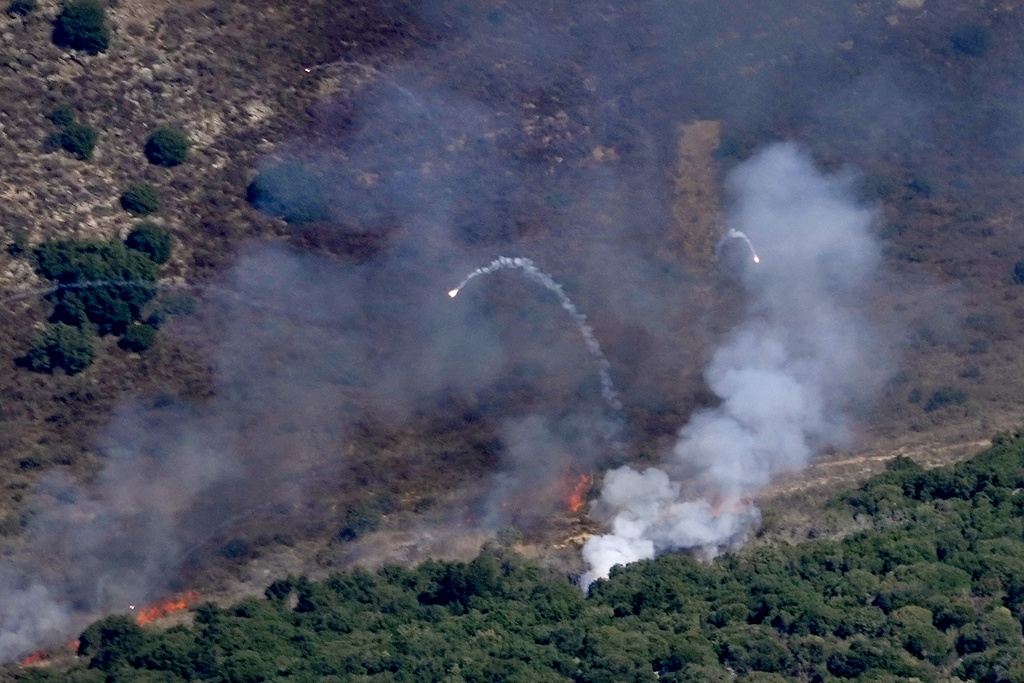The wheels started coming off the Biden/Harris administration's foreign policy a mere 8 months into the term, with the disastrous U.S. withdrawal from Afghanistan.
Since then, Russia invaded Ukraine, Hamas attacked Israel, Iran has been marching toward a nuclear bomb, a new axis of evil has arisen between China, Russia, North Korea and the aforementioned Iran, all of which could have been avoided if the U.S. had some backbone, according to Pentagon Analyst Col. Bob Maginnis.
“Deterrence is absolutely appalling under the Biden administration. They did everything by the book … backwards.”
Skipping Israel again
Biden addressed the United Nations Tuesday in his last major speech.
He called on nations to “ease the suffering in Gaza” with no mention of suffering in Israel which has endured air strikes from Hezbollah since first being attacked by Hamas last Oct. 7.
Thousands have been displaced from homes in Northern Israel, and almost a year later, Hamas continues to hold hostages.
There are dots between suffering in Gaza and Israeli military initiatives that Biden failed to connect.
Afghanistan questions have dogged Biden’s administration throughout his presidency. This week Republicans on the House Foreign Affairs Committee advanced contempt of Congress charges against State Sec. Antony Blinken over his failure to testify on the chaotic withdrawal.
"As I have made clear, I am willing to testify and have offered several reasonable alternatives to the dates unilaterally demanded by the Committee during which I am carrying out the President’s important foreign policy objectives,” Blinken wrote in a Sunday letter.
Contempt for Blinken?
House Speaker Mike Johnson said on Tuesday contempt charges likely won’t be considered before the election.
Maginnis says he's particularly concerned about how China is reacting to the power void the U.S. is creating by indecisiveness and inaction.
“They're readying themselves for, not only Taiwan, but I'm more concerned about Vietnam, the Philippines, and obviously the Japanese are nervous.”

Maginnis says a lot of the foreign policy successes of the previous administration were scuttled and lost in the race to rid the country of anything linked to President Trump.
“They didn't pick up with the Abrahamic Accords. They didn't follow through with the sanctions that Trump had in place, and, of course, they tried to resurrect JCPOA.
The Joint Comprehensive Plan of Action is also known as the Iran nuclear deal. The agreement was reached in 2015 between the five permanent members of the U.N. Security Council – China, France, Russia, the United Kingdom and the U.S. – plus Germany.
The goal was to ensure that Iran’s nuclear program would not be used for military means.
It was criticized by Israel and Saudi Arabia among others. Donald Trump withdrew the U.S. in 2018.
The confidence level for Harris
Maginnis says we've seen how Trump navigates foreign policy issues, but what about Kamala Harris?
“I see absolutely nothing in what she has said or is attributed to her that gives me any confidence that she's going to keep us out of a world war,” he said.







